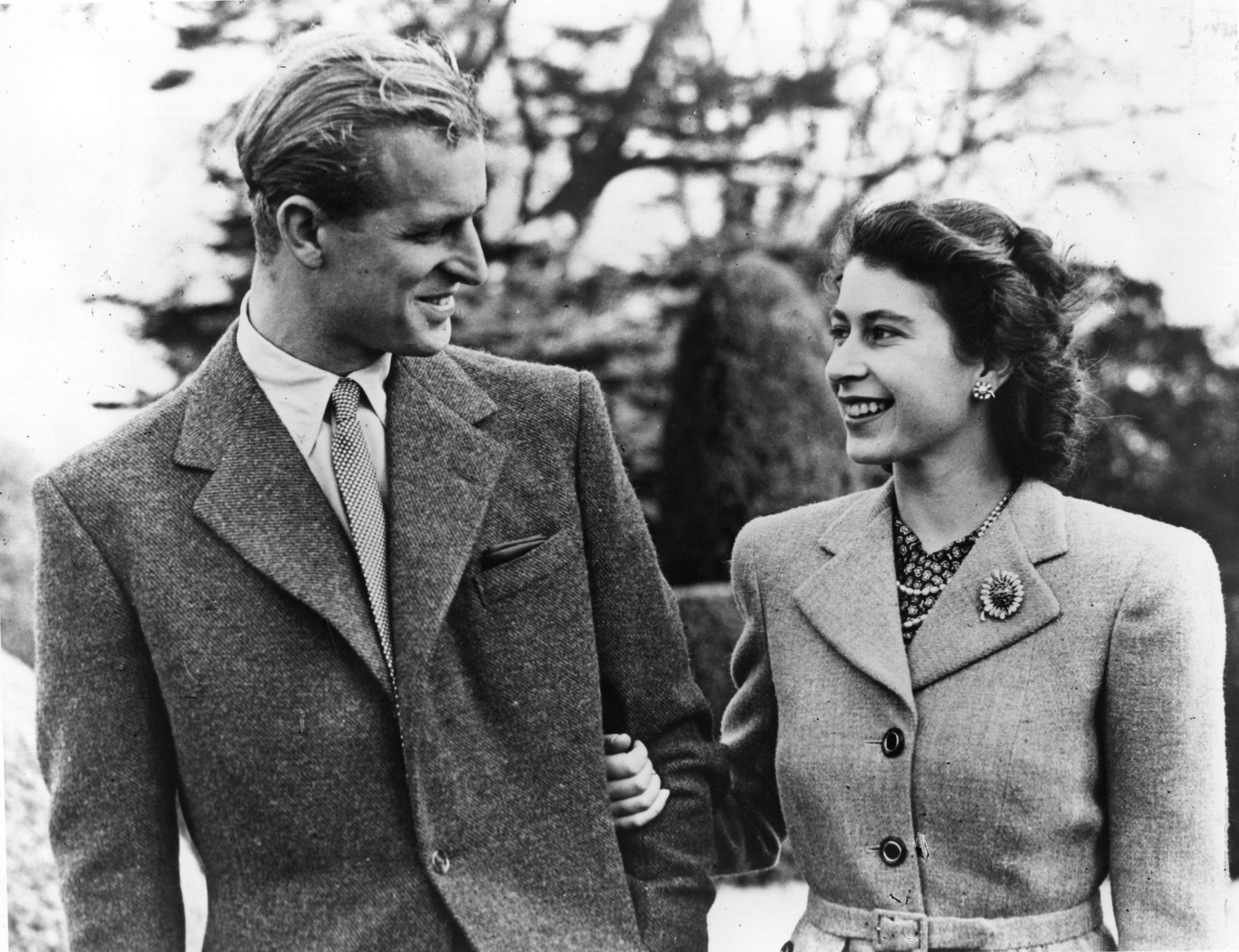
Last Friday, on April 9, 2021, Prince Philip, the husband of Queen Elizabeth II, passed away.
“It is with deep sorrow that Her Majesty The Queen announces the death of her beloved husband, His Royal Highness Prince Philip, Duke of Edinburgh,” Buckingham Palace reported in an official Royal Family statement. “His Royal Highness passed away peacefully this morning at Windsor Castle.”
Philip was born on June 10, 1921. The world had recently concluded its first World War and planes were still a new invention. By the time Philip, an avid pilot, died there would be a robot roving Mars, hundreds of satellites ringing the planet, and upwards of 10,000 modern passenger jets crisscrossing earth’s skies on any given day. He had lived through a unique arc of our civilization’s history, even helped shaped it. As a lengthy obituary in the New York Times notes, “Philip’s life spanned almost a century of upheaval for Britain: He had lived with a granddaughter of Queen Victoria, and he died nearly 100 years old in an era of smartphones and the internet.” And yet Philip died just two months and a day shy of becoming what we have come to define as a hallmark of longevity—the centenarian, someone who lives to 100 or over.
Digital Dying has written on numerous occasions about the mystery behind why these people live so long, and the quest to find the answers. Our stories include an article about scientists trying to decipher the centenarian code, a search for the fountain of youth, a curious and important case of a Louisiana woman who died in 1922 at the age—possibly—of 119, an interview with Dr. Felipe Sierra of the National Institute on Aging, a history of centenarian celebrities, and even an article about fake centenarians in Japan who have actually been dead for 30 years.
But what about those people like Prince Philip, who come close, but in the end just miss the great age of 100? What about the ninety-niners. It turns out that there is an interesting and illustrious list.
There was Owen Barfield, 1898-1997, a British philosopher and member of the informal literary discussion group associated with J. R. R. Tolkien at the University of Oxford, The Inklings.
Nexhmije Hoxha, the first leader of the Socialist People’s Republic of Albania, 1921 to 2020.
The British-French classical composer Hidayat Inayat Khan, 1917-2016, a prominent member of the Inayati Order, an international organization dedicated to spreading the Sufi teachings of Inayat Khan, the musician and mystic who first introduced Sufism to the modern Western world.
Ernesto Sabato, 1911-2011, an Argentine novelist, essayist, painter, and physicist dubbed upon his death the “last classic writer in Argentine literature.” Earlier in life he had earned a PhD, attended the Sorbonne in Paris, and worked at Marie Curie’s famous Curie Institute.
Bob Sheppard, 1910-2010, a baseball player and later, a baseball game announcer. Sheppard announced more than 4,500 Yankees baseball games over a period of 56 years, including 13 World Series championships. He was also the in-house voice for New York Giants football games for more than a half-century.
Shinichi Suzuki, 1898-1998, a Japanese violinist who pioneered the now famous Suzuki method of music education, which aims to create an environment for learning music that parallels the linguistic environment of acquiring a native language. Suzuki believed that this environment would also help to foster good moral character. He strongly believed that all children should receive a musical education.
Rise Stevens, 1913-2013, sang for the Metropolitan Opera in New York City during the 1940s and 1950s and was remembered for her unforgettable role in the opera Carmen.
Billy Graham, 1918-2018, the famous American evangelist and an ordained Southern Baptist minister, he held large indoor and outdoor rallies with sermons that were broadcast on radio and television.
Morarji Ranchhodji Desai, 1896-1995, an Indian independence activist who served between 1977 and 1979 as the 4th Prime Minister of India.
And let’s not forget Homer, the presumed author of the Iliad and Odyssey is said to have been born in 800 BC and died in 701 BC. That would have made him upon death—99 years old.
Back at Buckingham Palace, praise—and critique—of the late Prince Philip continues to roll in. As the New York Times obituary notes, “As the years went by, word seeped out that Philip, in private, could be irascible and demanding, cold and domineering — and that as parents, he and an emotionally reserved queen brought little warmth into the household.”
Earlier this week the Washington Post reported that “The BBC received a record-breaking number of complaints following its extensive coverage of Prince Philip’s death, with more than 110,000 people contacting the broadcaster to grumble over changes to scheduled programming and ‘excessive’ reporting on his life and legacy.”
Perhaps, viewers are getting a bit tired of the royal family and its endless roll of grandiose weddings, divorces, and deaths. Or, maybe people feel like they have already seen enough of the drama of Prince Philip’s life on TV. By the last decade of his life, the New York Times obituary notes, “he had re-emerged as a kind of pop-culture figure, introduced to a whole new generation through the hit Netflix series ‘The Crown,’ a costume drama that has traced the events of postwar Britain through the prism of his buffeted royal marriage.”
Still, the ceremony around Prince Philip’s death has been pretty grand. Although one imagines that if he had actually lived to 100, it would have been just a wee bit grander.









